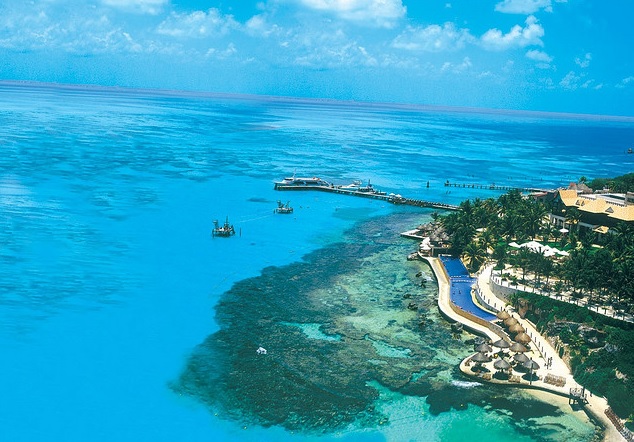A bacterium hurting coral reefs in the Caribbean, a farmers strike in Colombia, and a tomb found in northern Peru.
ANTARCTICA
Rising water temperatures will reduce the extent of krill habitat in Antarctica, say researchers.
ARGENTINA
A robot has been created by scientists in Mendoza for watering gardens. The system uses a similar technology to that used to detect movement in video games and moves around the garden on three wheels.

The Argentine Council for Information and Development of Biotechnology (ArgenBio) celebrates ten years of continuous broadcasting about biotechnology. Its educational program “Why Biotechnology” has trained more than 13,000 teachers across the country and worked with public and private entities in developing biotechnology in Argentina and Latin America.
BRAZIL
The Boticario Foundation for Nature Protection has launched a campaign aimed at the general public to raise awareness about the endangered jaguar (Panthera onca) which inhabits the Pantanal (a wetlands shared by Argentina, Brazil and Bolivia).
CARIBBEAN
80% of Caribbean coral reefs have been lost for many reasons, one being the attack of a bacterium that kills the coral. Eugene Rosenberg, a scientist at the University of Tel Aviv, identified phages that can control the bacterial attack and recover reef health. Continue reading “A bacterium hurting coral reefs in the Caribbean, a farmers strike in Colombia, and a tomb found in northern Peru.”

